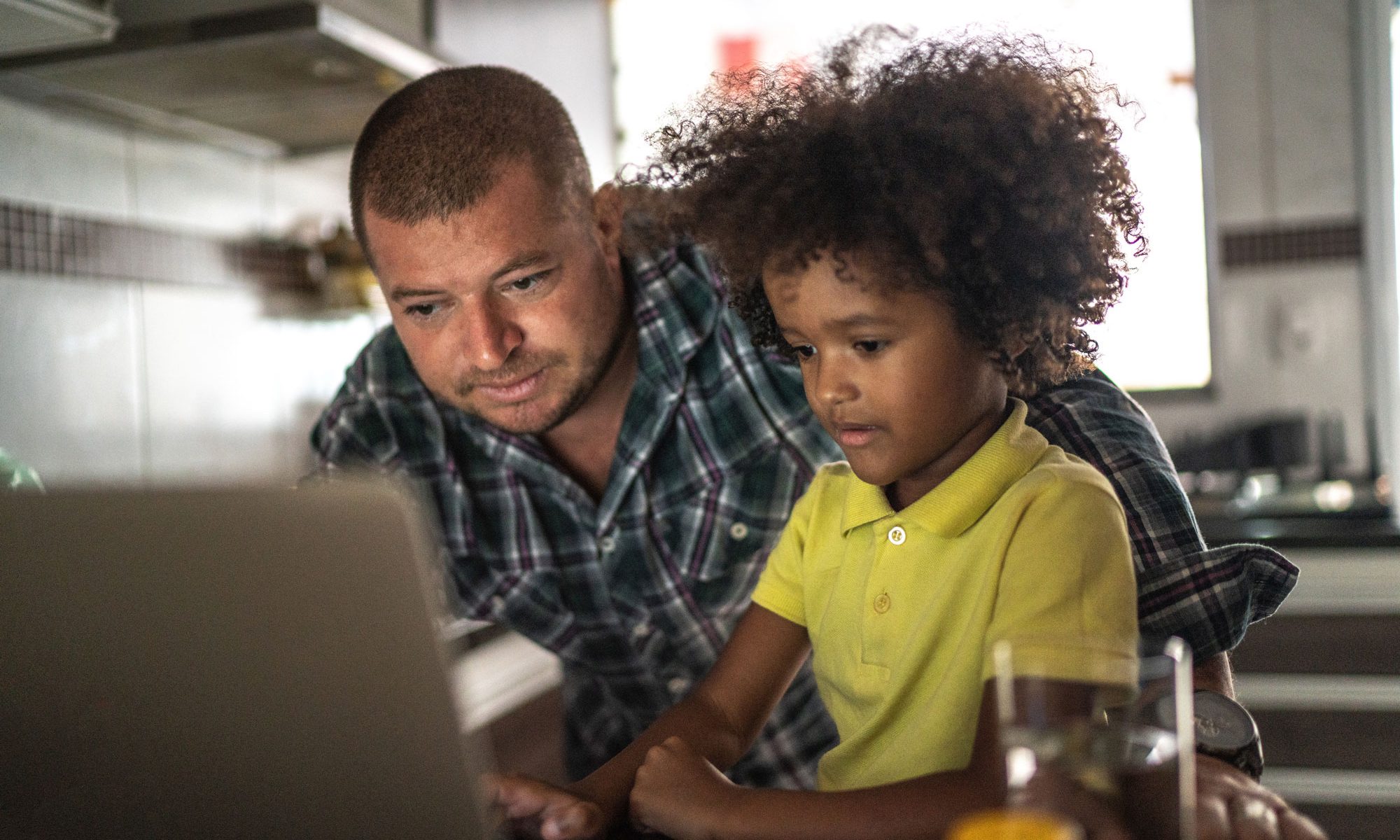5 Tips for Parenting In Quarantine
Postive Parenting in Quarantine
Parenting is hard. Period.
It’s a marathon, not a sprint, and each step takes guts and determination—and a good plan. To be a positive role-model for your family means being your best self consistently, supporting others, and being patient, loving, and encouraging. We all need a little help so we’ve gathered five tips for parenting in quarantine.
Doing it all gracefully in the middle of the shelter-in-place orders issued in response to the spread of COVID-19 has highlighted how the task can sometimes seem impossible.
Indeed, when you’re stressed out, tired, and facing uncertainty in what seems like every direction, being that calm, patient, centering force for your growing kids isn’t just tough—it can be downright daunting.
5 Tips for Parenting In Quarantine
TAP’s Fathers First program staff members Lateefah Trent and Ed Hrinya shared their tips for how to make the best of parenting in quarantine and what things to focus on when you feel overwhelmed. Here’s their advice based on parenting lessons they’ve learned in helping hundreds of fathers over the years.
1. No Parent is Perfect
Start by reminding yourself that this is hard! A big lesson Lateefah and Ed’s work has taught them is to start where you are.
“No emotion is good or bad, positive or negative. It’s normal to feel angry, jealous, sad, frustrated, etc.” they say. “But emotions are energy. And how you express that energy can be good or bad, positive or negative.”
“When you recognize that these things are just part of being human,” Lateefah and Ed explain, “it is easier to deal with them in healthier ways.”
2. Building Good Momentum
While a global pandemic isn’t something individual parents can do much to change, they can help set the tone for the whole household by modeling behaviors that show kids how to deal with stress in an appropriate way.
Firstly, it starts with asking for help when you need it. “It’s okay to not be okay,” Lateefah and Ed urge parents to remember. “This is a stressful time for all of us. Don’t feel like you have to be Superdad or Supermom—just focus on taking care of yourself and your children, and trust that the crisis, like all storms, will blow over eventually.”
3. Looking for Little Things
However, sometimes little things have a big impact on your state of mind. For example, setting a routine helps make sure the big things get done at work or at home and makes life feels more normal. Sometimes this means showering and putting on real clothes. Sometimes it means making sure to sleep enough. Remembering to make healthy choices can also have a huge impact on your mental and physical health—and your energy to deal with chaos and crisis.
Reading, writing, or even watching a movie can help your brain rest and reset. Taking breaks where you can is part of being rested enough to be a great parent. Remembering to reward and praise your children when they do something well can also be a great reminder to reward and praise yourself.
4. What if We’re Stuck at Home?
No two ways about it, feeling stuck might come from staying inside too long—but it becomes a state of mind as much as it does a physical limitation. To change up the way things feel, even a small twist on a normal activity can make a big difference.
Movie nights feel a little more like the theater if you make a special snack. Making dinner can be a cooking contest. Books can be family activities if you read out loud together. It’s also a great time of year for gardening, tea time picnics, or just for being outside together.
5. Remembering What It’s All About
The staff at Fathers First mostly focus their work on helping fathers. However, the approach they take is based on the fundamental dynamics that all families need to thrive. It’s important we stay in touch with those fundamentals because of what’s at stake.
Above all, the important thing that parents can do is set the right example—especially when it comes to showing children we can deal effectively with stress and be resilient in the face of traumatic events. As Lateefah and Ed point out, “Children often do not have the experience or coping skills to do so. We as parents must model resilience in our lives so that our children can learn to do the same.”
You can make a huge difference too.
Fathers First creates a comfortable environment for men and women to learn communication and parenting skills while working on improving their overall self-worth and relationships. If you think you could help fathers or father-figures, or just want to be part of supporting parents, get involved—call (540) 777-4673.

